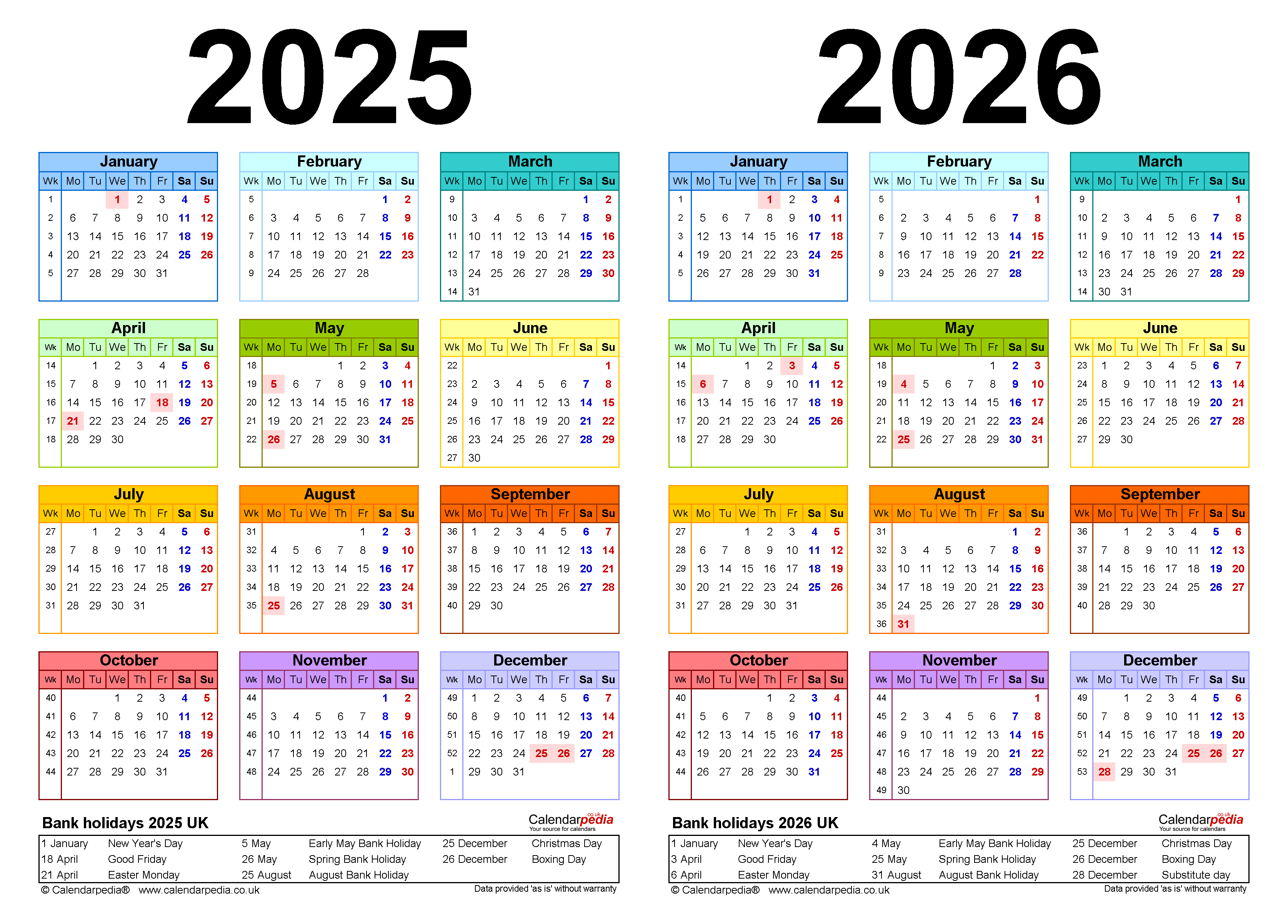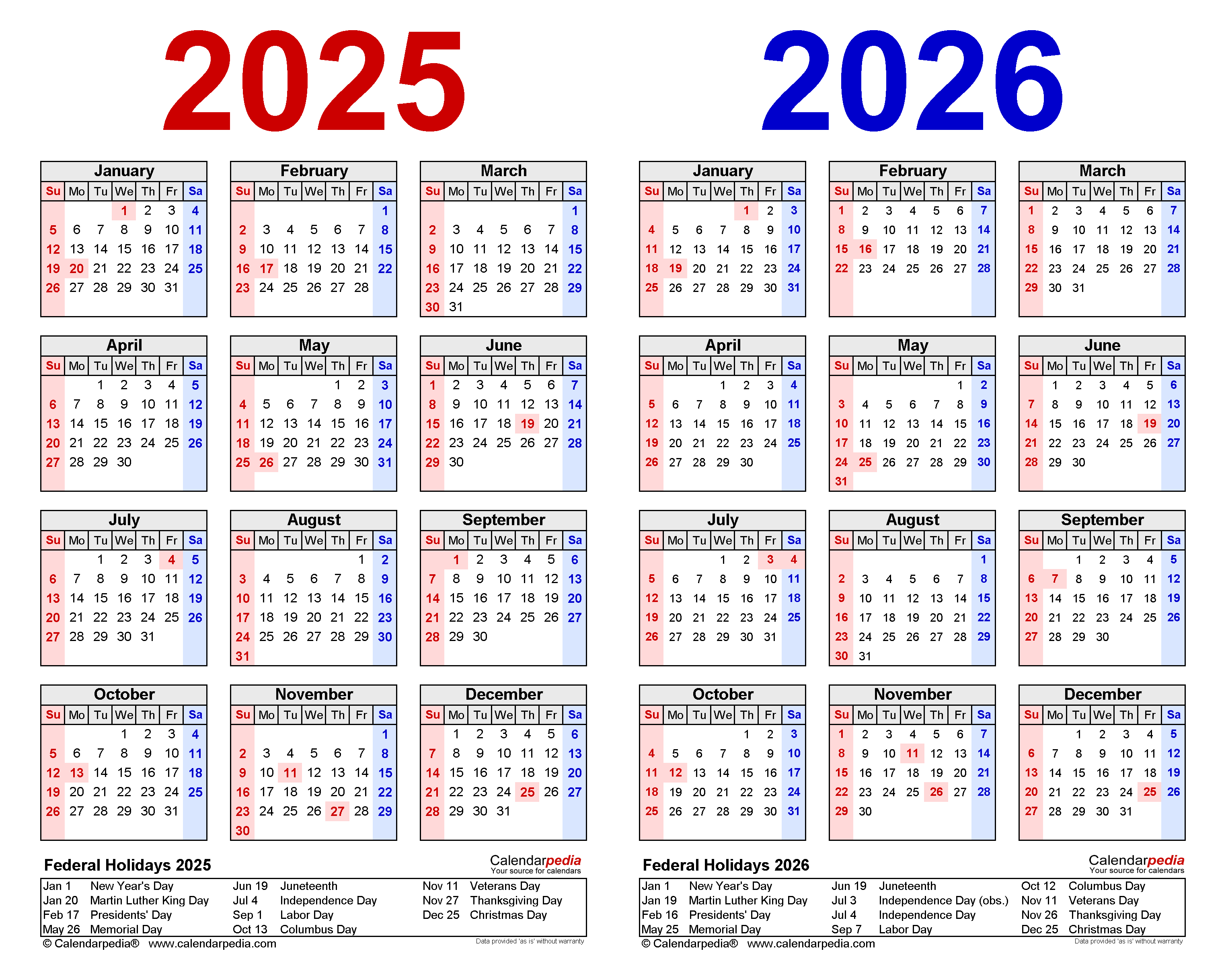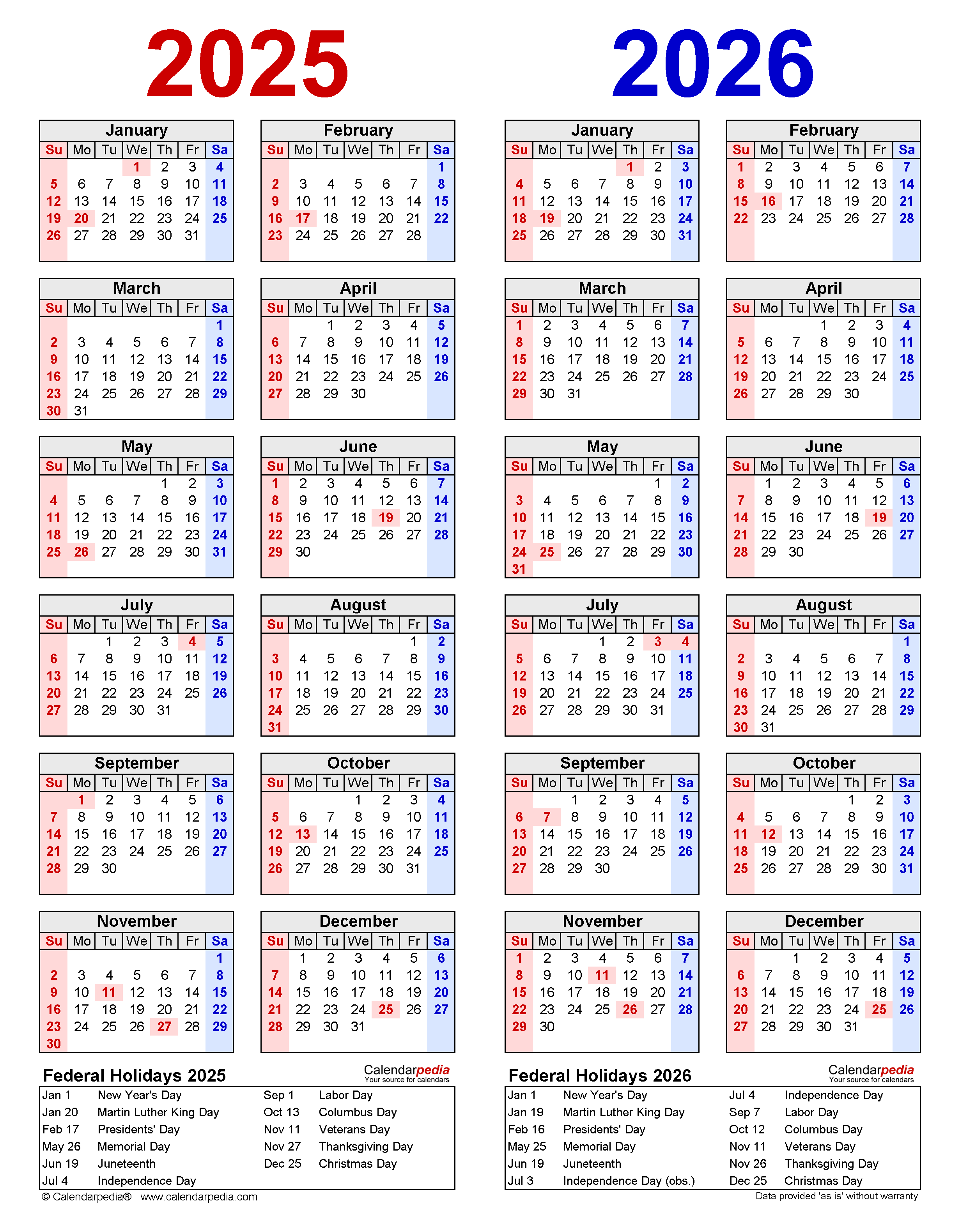Navigating The Year: A Comprehensive Guide To Public Holidays In 2026
Navigating the Year: A Comprehensive Guide to Public Holidays in 2026
Related Articles: Navigating the Year: A Comprehensive Guide to Public Holidays in 2026
Introduction
With enthusiasm, let’s navigate through the intriguing topic related to Navigating the Year: A Comprehensive Guide to Public Holidays in 2026. Let’s weave interesting information and offer fresh perspectives to the readers.
Table of Content
Navigating the Year: A Comprehensive Guide to Public Holidays in 2026

The year 2026 presents a unique tapestry of holidays, each woven into the fabric of our lives, offering moments of celebration, reflection, and respite. Understanding the distribution of these days is crucial for individuals, businesses, and organizations alike. This comprehensive guide provides a detailed overview of public holidays in 2026, highlighting their significance and offering practical insights for navigating the year effectively.
A Year of Observances: Public Holidays in 2026
The calendar for 2026 features a diverse array of holidays, each commemorating historical events, cultural traditions, or religious observances. It is essential to note that some holidays may vary in observance depending on the specific location or organization.
January
- New Year’s Day (Wednesday, January 1st): Marking the beginning of a new year, this day is universally celebrated with festivities, resolutions, and hopes for the future.
- Martin Luther King Jr. Day (Monday, January 19th): Observed in the United States, this day honors the life and legacy of Dr. Martin Luther King Jr., a prominent figure in the Civil Rights Movement.
February
- Groundhog Day (Thursday, February 2nd): Celebrated in the United States and Canada, this day focuses on the tradition of observing a groundhog’s emergence from hibernation to predict the duration of winter.
- Presidents’ Day (Monday, February 16th): Observed in the United States, this day honors the birthdays of George Washington and Abraham Lincoln, two prominent figures in American history.
March
- St. Patrick’s Day (Tuesday, March 17th): Celebrated worldwide, this day commemorates the patron saint of Ireland, St. Patrick, and is known for its festive atmosphere, traditional music, and green attire.
April
- Easter Sunday (Sunday, April 5th): A Christian holiday celebrating the resurrection of Jesus Christ, Easter Sunday is observed with church services, family gatherings, and the tradition of egg hunts.
- Good Friday (Friday, April 3rd): A Christian holiday commemorating the crucifixion of Jesus Christ, Good Friday is observed with religious services and a somber atmosphere.
May
- Mother’s Day (Sunday, May 10th): Celebrated worldwide, this day honors mothers and motherhood, with traditions including gifts, cards, and special meals.
- Memorial Day (Monday, May 25th): Observed in the United States, this day honors those who have died in military service.
June
- Father’s Day (Sunday, June 14th): Celebrated worldwide, this day honors fathers and fatherhood, with traditions including gifts, cards, and special meals.
July
- Independence Day (Thursday, July 2nd): Observed in the United States, this day celebrates the signing of the Declaration of Independence, marking the birth of the nation.
August
- Labor Day (Monday, August 3rd): Observed in the United States and Canada, this day honors the contributions of workers and the labor movement.
September
- Columbus Day (Monday, September 14th): Observed in the United States, this day commemorates the arrival of Christopher Columbus in the Americas.
October
- Halloween (Wednesday, October 31st): Celebrated worldwide, this day is associated with costumes, trick-or-treating, and festivities related to the supernatural.
November
- Veterans Day (Monday, November 9th): Observed in the United States, this day honors all veterans of the U.S. Armed Forces.
- Thanksgiving Day (Thursday, November 26th): Celebrated in the United States and Canada, this day is a time for gratitude and feasting, often spent with family and friends.
December
- Christmas Day (Sunday, December 25th): A Christian holiday celebrating the birth of Jesus Christ, Christmas Day is observed with church services, gift-giving, and festive gatherings.
- New Year’s Eve (Tuesday, December 31st): The last day of the year, New Year’s Eve is often celebrated with parties, fireworks, and countdown celebrations.
Understanding the Impact of Holidays: A Practical Perspective
The presence of holidays on the calendar has significant implications for various aspects of life, including:
- Business Operations: Businesses need to adjust schedules, staffing, and operations to account for holiday closures and potential changes in customer demand.
- Travel and Tourism: Holidays often lead to increased travel and tourism activity, requiring careful planning and consideration of transportation, accommodation, and attractions.
- Personal and Family Life: Holidays provide opportunities for family gatherings, celebrations, and time off, impacting personal schedules and routines.
Navigating the Year with Knowledge: Tips for Success
- Plan Ahead: Utilize the holiday calendar to plan ahead for important events, travel arrangements, and business operations.
- Consider Cultural Sensitivity: Be mindful of the cultural significance of holidays and ensure respectful practices.
- Stay Informed: Keep abreast of any changes or updates to holiday dates or observance regulations.
Frequently Asked Questions
Q: Are all public holidays observed on the same day across the globe?
A: No, the observance of public holidays can vary significantly depending on the country, region, and even specific organizations.
Q: How can I find the specific holiday calendar for my location?
A: You can consult government websites, local news outlets, or online calendars dedicated to specific regions.
Q: What are the implications of holidays for businesses?
A: Businesses may need to adjust operating hours, provide holiday pay to employees, or account for potential changes in customer demand.
Q: How can I ensure I am respectful of diverse cultural traditions during holidays?
A: Research and understand the specific customs and beliefs associated with each holiday.
Conclusion
The 2026 holiday calendar serves as a valuable guide for navigating the year with awareness and understanding. By recognizing the significance of each holiday and planning accordingly, individuals, businesses, and organizations can maximize the benefits of these special occasions while ensuring smooth operations and respectful observance. The year 2026 offers a diverse tapestry of holidays, each contributing to the rich cultural fabric of our world.








Closure
Thus, we hope this article has provided valuable insights into Navigating the Year: A Comprehensive Guide to Public Holidays in 2026. We thank you for taking the time to read this article. See you in our next article!